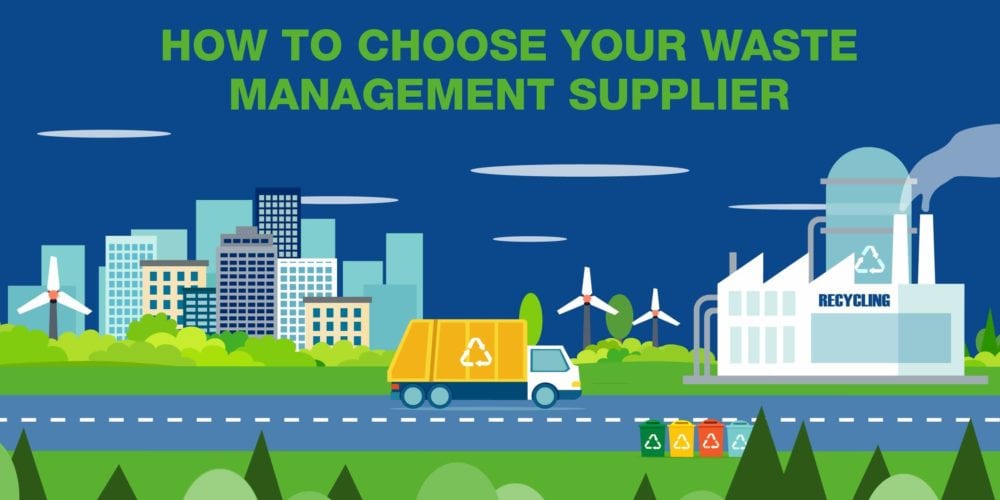What is Dynamic Packaging?
Dynamic packaging tavel Experience is a travel technology solution that enables the creation of tailor-made travel packages in real-time. Unlike traditional pre-packaged deals, dynamic packaging allows travelers to customize every aspect of their trip according to their preferences. The process involves integrating various travel components—such as flights, hotels, car rentals, and activities—into a unified system that allows for flexible and dynamic combinations. Travelers can select their Travel Experience desired options and build a personalized itinerary that suits their budget and interests.
How Dynamic Packaging Works
Dynamic packaging leverages advanced algorithms, APIs, and real-time data to compile and present available travel options to users. Here’s how it typically works:
- User Input: The traveler provides basic information such as travel dates, destination, budget, and preferences.
- Real-Time Search: The dynamic packaging system searches multiple suppliers and databases to find the best available options for flights, accommodations, car rentals, and activities.
- Customization: The traveler can customize their package by selecting their preferred options, such as specific airlines, hotel categories, and activities.
- Instant Pricing: The system provides real-time pricing and availability, allowing the traveler to see the total cost of their customized package.
- Booking: Once the traveler is satisfied with their package, they can book all components in a single transaction, receiving instant confirmations for each element of their trip.
Benefits of Dynamic Packaging
1. Personalization
Dynamic packaging empowers travelers to create personalized itineraries that cater to their unique preferences and needs. Whether it’s choosing a boutique hotel, booking a direct flight, or adding a guided tour, travelers have Travel Experience the flexibility to design a trip that aligns with their interests and budget. This level of personalization enhances the overall travel experience and satisfaction.
2. Convenience
One of the most significant advantages of dynamic packaging is the convenience it offers. Travelers can book all components of their trip in one place, eliminating the need to visit multiple websites or contact different service providers. This streamlined process saves time and effort, making trip planning more efficient and hassle-free.
3. Cost Savings
Dynamic packaging often results in cost savings for travelers. By bundling multiple travel components together, travelers can take advantage of discounted rates and special offers that are not available when booking each component separately. Additionally, the system can identify the best deals in real-time, ensuring that travelers get the most value for their money.
4. Flexibility
Travelers have the flexibility to modify their packages as needed. If plans change or new preferences arise, they can easily adjust their itineraries without incurring significant penalties or fees. This adaptability ensures that travelers can create the perfect trip, even if their needs evolve over time.
5. Enhanced Customer Experience
For travel agencies, dynamic packaging enhances the customer experience by offering a comprehensive and user-friendly platform. Travel Experience Agencies can provide travelers with a wide range of options, real-time pricing, and instant booking confirmations, all of which contribute to a seamless and satisfying travel planning process.
Applications of Dynamic Packaging
1. Leisure Travel
Leisure travelers benefit immensely from dynamic packaging as it allows them to create customized vacation packages that match their interests and preferences. Whether it’s a beach holiday, a city tour, or an adventure trip, travelers can combine flights, accommodations, activities, and transportation to craft their ideal vacation.
2. Corporate Travel
Corporate travelers also benefit from dynamic packaging by having the ability to create tailored travel itineraries that align with their business needs. Companies can leverage dynamic packaging to book flights, hotels, and car rentals for their employees, ensuring that travel arrangements are efficient, cost-effective, and aligned with corporate travel policies.
3. Group Travel
Dynamic packaging is particularly advantageous for group travel, such as family vacations, weddings, and corporate retreats. Groups can customize their packages to include accommodations that cater to their size, transportation options that accommodate everyone, and activities that suit the group’s interests. This level of customization ensures that everyone in the group has a memorable and enjoyable experience.
Challenges and Considerations
While dynamic packaging offers numerous benefits, there are challenges and considerations that travel agencies must address to ensure successful implementation:
1. Integration and Data Management
Integrating multiple suppliers and databases into a dynamic packaging system requires robust data management and seamless connectivity. Agencies must ensure that their systems can handle real-time data from various sources and provide accurate and up-to-date information to travelers.
2. User Experience
The success of dynamic packaging depends on the user experience. Agencies must invest in intuitive and user-friendly interfaces that make it easy for travelers to customize their packages, view pricing, and complete bookings. A seamless and enjoyable user experience is crucial for customer satisfaction and retention.
3. Security and Privacy
Handling sensitive traveler information, such as payment details and personal data, requires stringent security measures. Agencies must implement robust cybersecurity protocols to protect customer data and ensure compliance with data privacy regulations.
4. Supplier Relationships
Maintaining strong relationships with suppliers is essential for dynamic packaging. Agencies must negotiate favorable rates, ensure reliable service, and establish effective communication channels with airlines, hotels, car rental companies, and activity providers.
The Future of Dynamic Packaging
The future of dynamic packaging is promising, with ongoing advancements in technology set to enhance its capabilities further. Here are some key trends shaping the future of dynamic packaging:
1. Artificial Intelligence and Machine Learning
AI and machine learning will play a significant role in the evolution of dynamic packaging. These technologies will enable more sophisticated algorithms that can analyze traveler preferences, predict trends, and provide personalized recommendations. AI-driven insights will enhance the accuracy and relevance of travel options presented to users.
2. Enhanced Personalization
As technology continues to evolve, dynamic packaging will offer even greater levels of personalization. Advanced data analytics and AI will allow agencies to create hyper-personalized travel experiences based on individual preferences, behaviors, and historical data. Travelers can expect tailored recommendations that align with their unique needs and interests.
3. Mobile Integration
With the increasing use of mobile devices for travel planning, dynamic packaging solutions will become more integrated with mobile platforms. Travelers will be able to create, customize, and book their packages on the go, enjoying the convenience of mobile access and real-time updates.
4. Sustainable Travel
As sustainability becomes a priority for travelers, dynamic packaging will incorporate eco-friendly options and recommendations. Agencies will offer sustainable travel choices, such as carbon-neutral flights, eco-friendly accommodations, and responsible tourism activities, catering to the growing demand for environmentally conscious travel.





